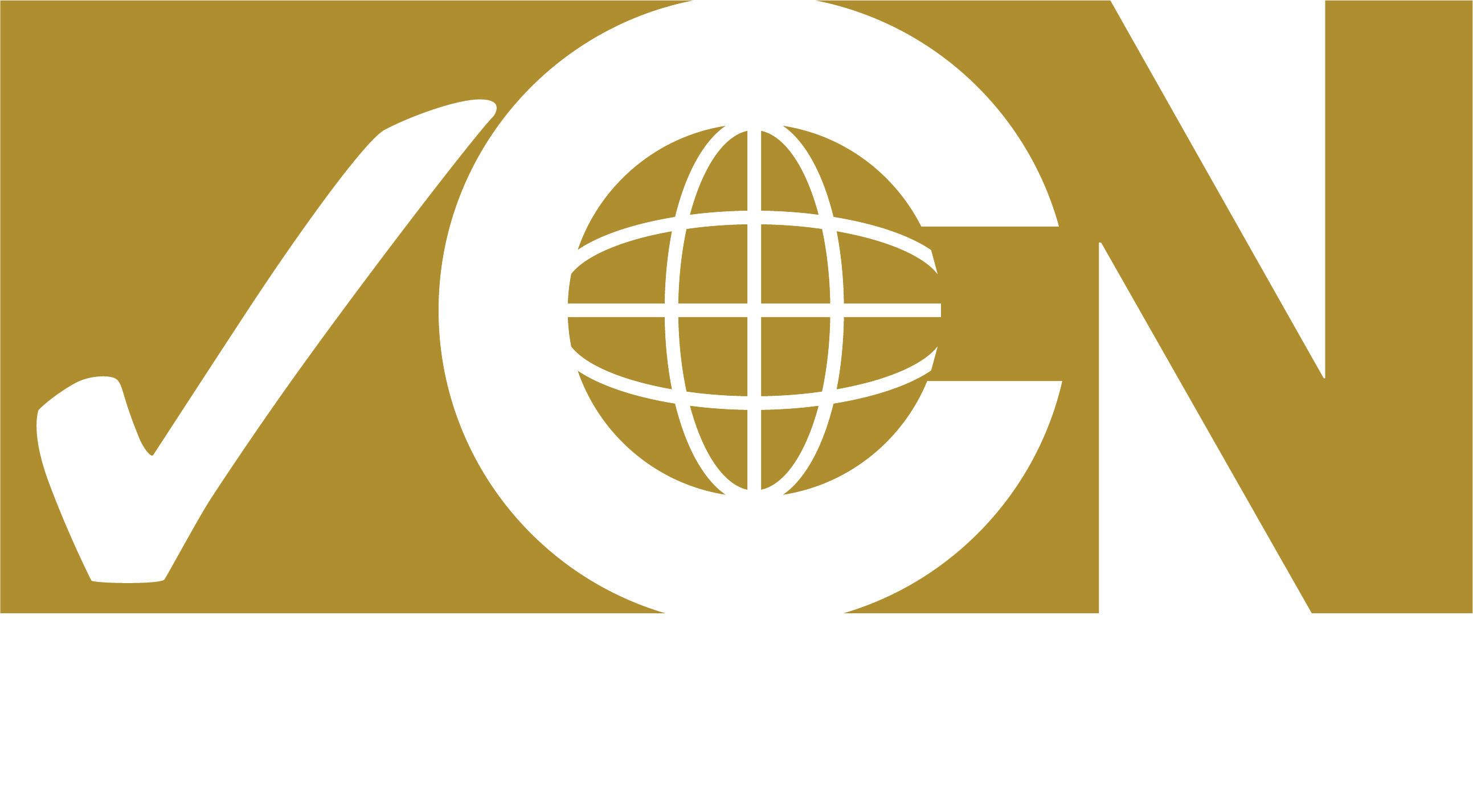The International Cyanide Management Institute (ICMI) has received a request from AMEC Environment & Infrastructure Americas (AMEC) to reconsider a decision to reject its certification audit report for the Gedabek Operation of ICMI Signatory, Anglo Asian Mining, PLC, on the grounds that the audit was conducted by personnel with conflicts of interest prohibited under the Cyanide Code’s Auditor Criteria (see http://www.cyanidecode.org/sites/default/files/pdf/7_AuditorCriteria.pdf).
AMEC has requested that ICMI reconsider the decision pursuant to Part 2, Informal Resolution, of the Dispute Resolution Procedure (“Procedure”) of the International Cyanide Management Code (the “Code”) (see http://www.cyanidecode.org/about-code/dispute-resolution). The Procedure was promulgated to implement the requirement of the Cyanide Code concerning Dispute Resolution which provides: “The Institute has developed and implemented fair and equitable procedures for resolution of disputes regarding auditor credentials and certification and/or de-certification of operations. The procedures provide due process to all parties that may be affected by these decisions.”
ICMI is making this public notice pursuant to the Procedure’s Section 1.9, Public Availability of Dispute Information, which provides that requests for reconsideration and related documentation of the outcomes of the process be made available to the public on ICMI website.
The Procedure consists of a three-tier process: (1) informal resolution; (2) non-binding mediation; and (3) binding arbitration. Presently the parties are at step one of the Procedure, i.e., an informal dialogue and exchange of information between the AMEC (Complainant) and ICMI (the Respondent) which attempts to resolve the issue through direct discussions. Under the Procedure, ICMI has 45 days from the date of the Request for Reconsideration (October 16) to provide AMEC a final decision and the reasons for it.
The Cyanide Code is a voluntary industry program for companies involved in the production of gold using cyanide and companies producing and transporting this cyanide. It was developed under the aegis of the United Nations Environment Programme by a multi-stakeholder Steering Committee. The Cyanide Code is intended to complement an operation’s existing obligation to comply with the applicable laws and regulations of the political jurisdictions in which the operation is located.
ICMI has been established to administer the Cyanide Code, promote its adoption, evaluate its implementation, and manage the certification process. A detailed list of the operations covered by signatory companies’ applications, along with the full text of the Cyanide Code and its implementing and administrative documents, are available at www.cyanidecode.org.
